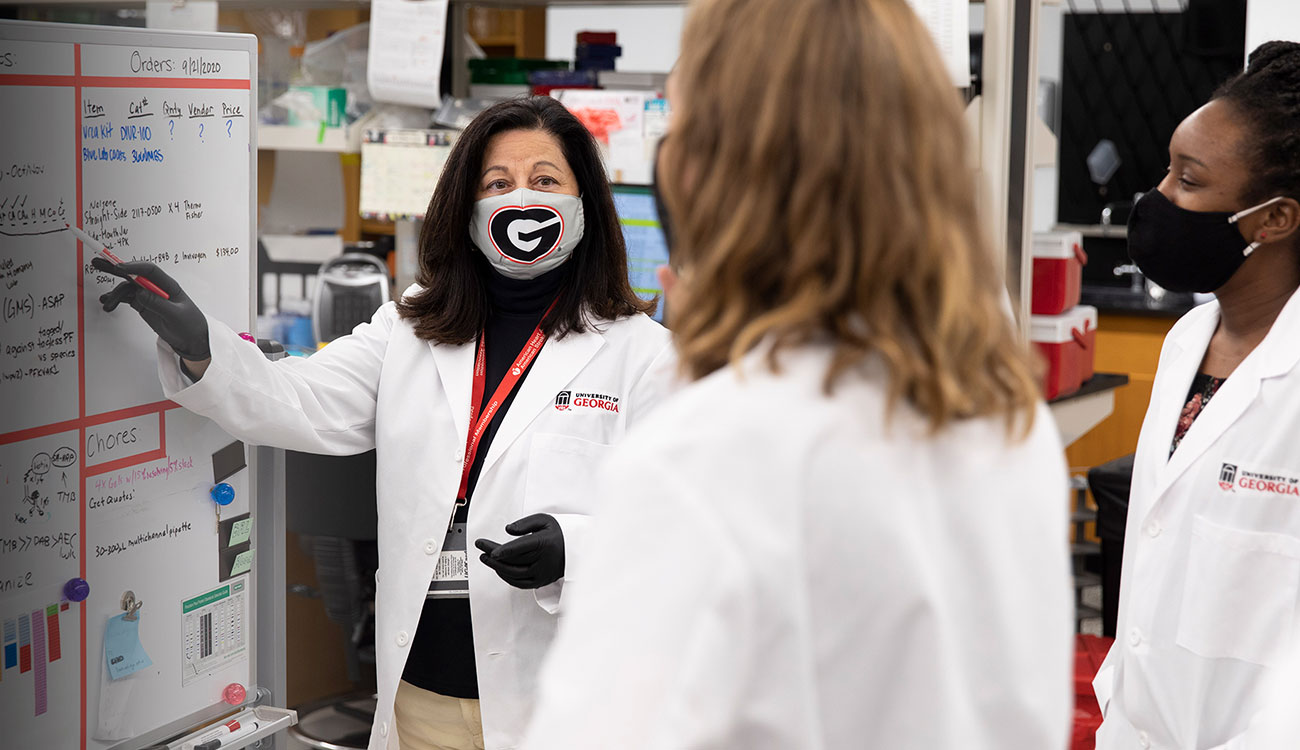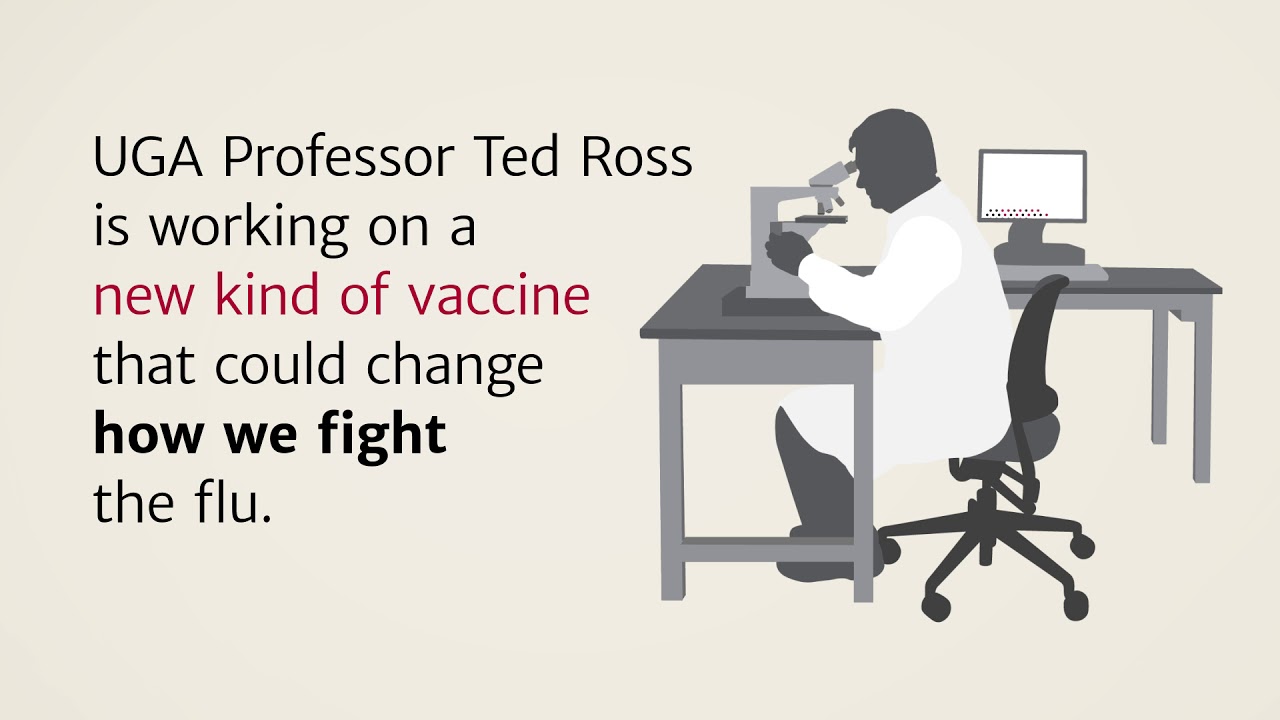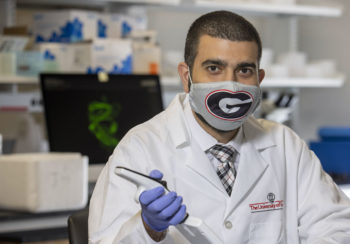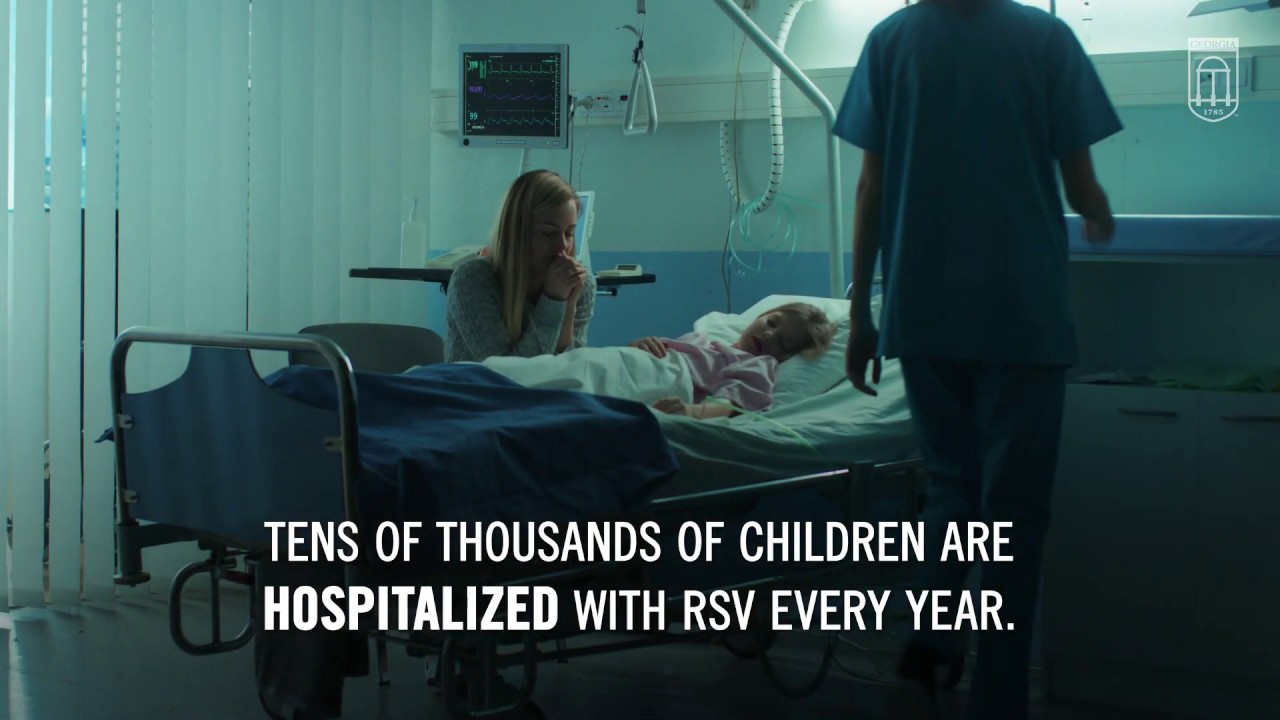“As a scientist, the information was coming in fast and furious, and I knew that we had to try and absorb what was going on and understand if and how we could contribute.”
– Karen Norris, Georgia Research Alliance Eminent Scholar in Immunology and Translational Research
Learn more about UGA’s efforts to combat COVID-19
Over her career, Norris has focused on understanding pulmonary diseases and how our body fights them. During the AIDS epidemic, researchers realized certain infectious agents were taking advantage of patients’ compromised immune states. That discovery led Norris to study how infections progressed in other immunocompromised individuals, such as those who are undergoing chemotherapy or organ transplants.
“We were trying to understand how we could bolster the immune response in individuals with weakened immune systems,” said Norris. “It was clear that these people were susceptible to certain ‘bad guys’—be it viruses, bacteria or fungi—that most of us can usually deal with. And that work led into understanding how other diseases such as diabetes, hypertension and obesity can affect the immune system and contribute to the severity of infections.”
It turns out these same conditions could predispose people to severe COVID-19. Understanding what’s different about their immune response to the virus may be one of the keys to understanding how to prevent or treat the disease for those at higher risk and in the general population.
During the early weeks of the pandemic, Norris and her team set out determine how they could contribute to global efforts to tackle COVID-19.
“We have worked on respiratory diseases for many years and the infectious agents that cause them, and we have had a particular interest in understanding how these infections weaken an individual’s immune response,” said Norris. “Based on these capabilities, investigating how and why SARS-CoV2 virus causes such harm in these types of patients is an area we could tackle.”
The University of Georgia is well placed to carry out this research because it has a Level 3 Biosafety Containment Facility, where researchers can work safely with viruses, and Norris’ lab has the expertise and the facilities to study these infectious agents in animal models.
There is still much we don’t know about SARS-CoV-2, but Norris and her team are trying to “color in the areas regarding how this virus attacks the body, particularly in high-risk individuals.”
Such information is critical to drug and vaccine development for high-risk individuals.
“There are vaccines trials for other infectious agents that have failed because of a lack of understanding of the appropriate immune response,” said Norris, who knows something about the challenges of bringing vaccines to market. Based on the research of her group over the years, her spin-off company NXT Biologics is working toward the first-in-class vaccine to prevent invasive fungal pneumonias, which affect millions of people worldwide. Norris, and her team, are working to get the vaccine ready for clinical trials.
She hopes that by probing how immune systems react to infectious agents, she can help keep us healthy—be it from COVID-19, fungal pneumonia or some other respiratory infection.

“The average person is affected every single day by the successes of research that started at the university level.”
– Karen Norris, Georgia Research Alliance Eminent Scholar in Immunology and Translational Research
Norris’ arrival at the university in 2016 has added to Georgia’s growing Center for Vaccines and Immunology, enabling other scientists to benefit from her knowledge and assistance in getting their drugs and treatments to the clinical trial phase.
“The average person is affected every single day by the successes of research that started at the university level,” Norris says. “Basic questions that might not seem relevant: How does that virus grow? Are there different strains of that virus? Those questions about how pathogens work have to be answered before we can create a vaccine or treatment.”
And those are just some of the problems Norris and her collaborators are intent on solving.
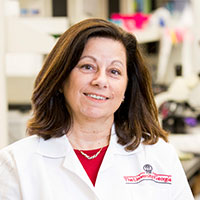
About the Researcher
Karen Norris
Georgia Research Alliance Eminent Scholar in Immunology and Translational Research
Department of Infectious Diseases
College of Veterinary Medicine



